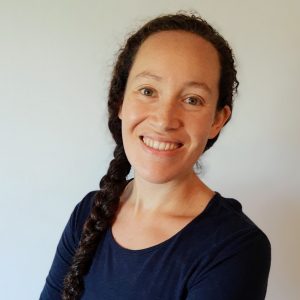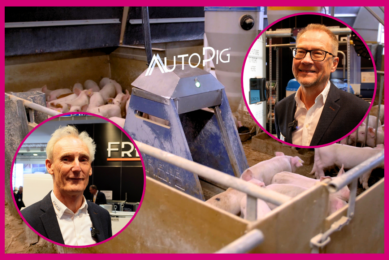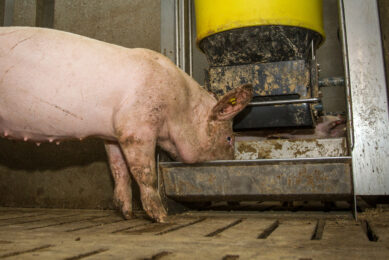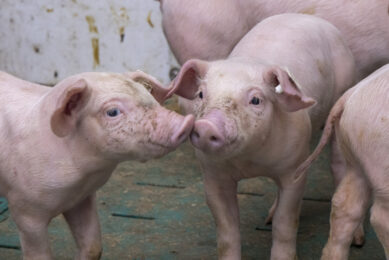Pig farming of the future: Intensify, specialise or diversify?
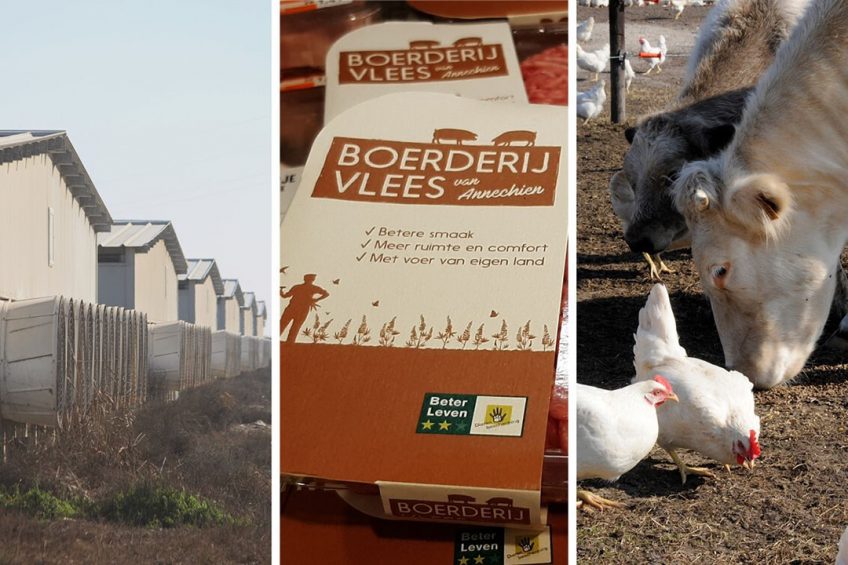
Where to go from here? Quite a lot of swine farmers must be asking themselves this question in times of lockdowns, swine diseases and market uncertainty. Traditionally, there are 3 options available to farmers, explains welfare and production expert Dr Irene Camerlink. Which one would work best for you?
Back in the days when I was studying at an agricultural college, we learned that farmers, in order to survive the low price margins, had to choose: intensifying and upscaling the farm, specialising, which in those days meant going organic, or diversifying. The latter was, at least in Netherlands, interpreted as having a campsite on your farmyard to host tourists. In the early 2000s the choice for most farmers was simple: intensifying and upscaling. This brought exciting avenues and good reasons to get new technology and to increase the business together with a son or daughter to follow-up.
Intensification: Farm sizes beyond imagination
In less than 20 years, the scene has changed considerably. Intensification is no longer a matter of just a couple of sows more. In order to compete for low cost price – which is what intensifying is all about – farms have to compete against international businesses.
Those bring in cheap labour and set farm sizes that are beyond imagination. The final cost eventually is down to feed prices, for which we are at the mercy of the increasingly unpredictable weather. It becomes clear that intensification has reached a limit for family farmers and certain countries.
Specialisation: A new perspective
Fortunately, specialisation has gained a whole new perspective. Demands for organic and alternative products are skyrocketing. It reflects that the consumer wants something else than conventional meat. The pig sector can turn this into a benefit rather than seeing it as a threat.
The range between conventional and organic has grown exponentially, and marketing of different tiers has gained solid ground. This offers opportunities for marketing of local or special produce. Farmers with a good sense of marketing can become more independent and sell (part of) their produce at their own set price.

Read also: Being a pig farmer can be lonely
Diversification: Watch this space
Diversification can be expected to increase in the next 10 to 20 years. The fluctuations in weather, markets and prices are occurring in more rapid successions than before. This means that all agricultural sectors are under increasing pressure. Relying on 1 product – pigs – is increasingly risky. Promising results are gained from farms that close their circles and use all nutrients in the farm to create products for multiple markets. They can keep cost prices low and are more resistant to market fluctuations.
Successful business relies on market insight
Whether it is best to intensify, specialise or diversify will depend on the country, the local opportunities and the farm situation. However, it is important to reconsider the options under the current and future set of challenges and opportunities. A successful business does not depend on luck only; it takes proper market insight and business management. To be successful, make sure to take more control over the sales, marketing and value of your products. Do engage in business and marketing courses and organise such courses in existing study groups.
There are some inspirational TED talks online of farmers who are very successful due to a carefully chosen business strategy. Here is one such story which truly encourages to start or keep farming pigs. The farm of Emma Naluyima is so successful that they could build a primary school to teach agriculture.
Good business management changes farmers into role models.


